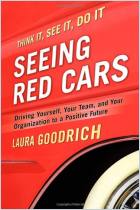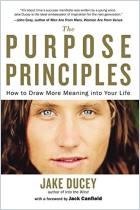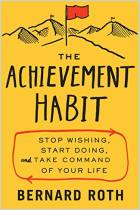
Rethinking Positive Thinking
Inside the New Science of Motivation
Recommendation
Psychology professor Gabriele Oettingen offers an antidote to common beliefs about positive thinking, goals, desires and the human mind. Some of the information she shares will be familiar to those who read actively in these fields, but much of it will be new, especially to the average reader. For that reader, though, this could have been a bit shorter, perhaps by tightening the accounts of the discovery process. (Given that, busy readers might want to focus first on Chapter 6.) Oettingen walks you through the “Wish-Outcome-Obstacle-Plan” (or WOOP) process as a path to logical reasoning free of over-optimism. Her exploration will help you approach life more realistically and get out of your own way. getAbstract recommends her research on positivity to anyone who’s trying to reach a goal and everyone interested in the workings of the human mind.
Summary
About the Author
Gabriele Oettingen is a professor of psychology at New York University and the University of Hamburg. She has published more than 100 articles or chapters on the effects of future thought.






















Comment on this summary or Start Discussion